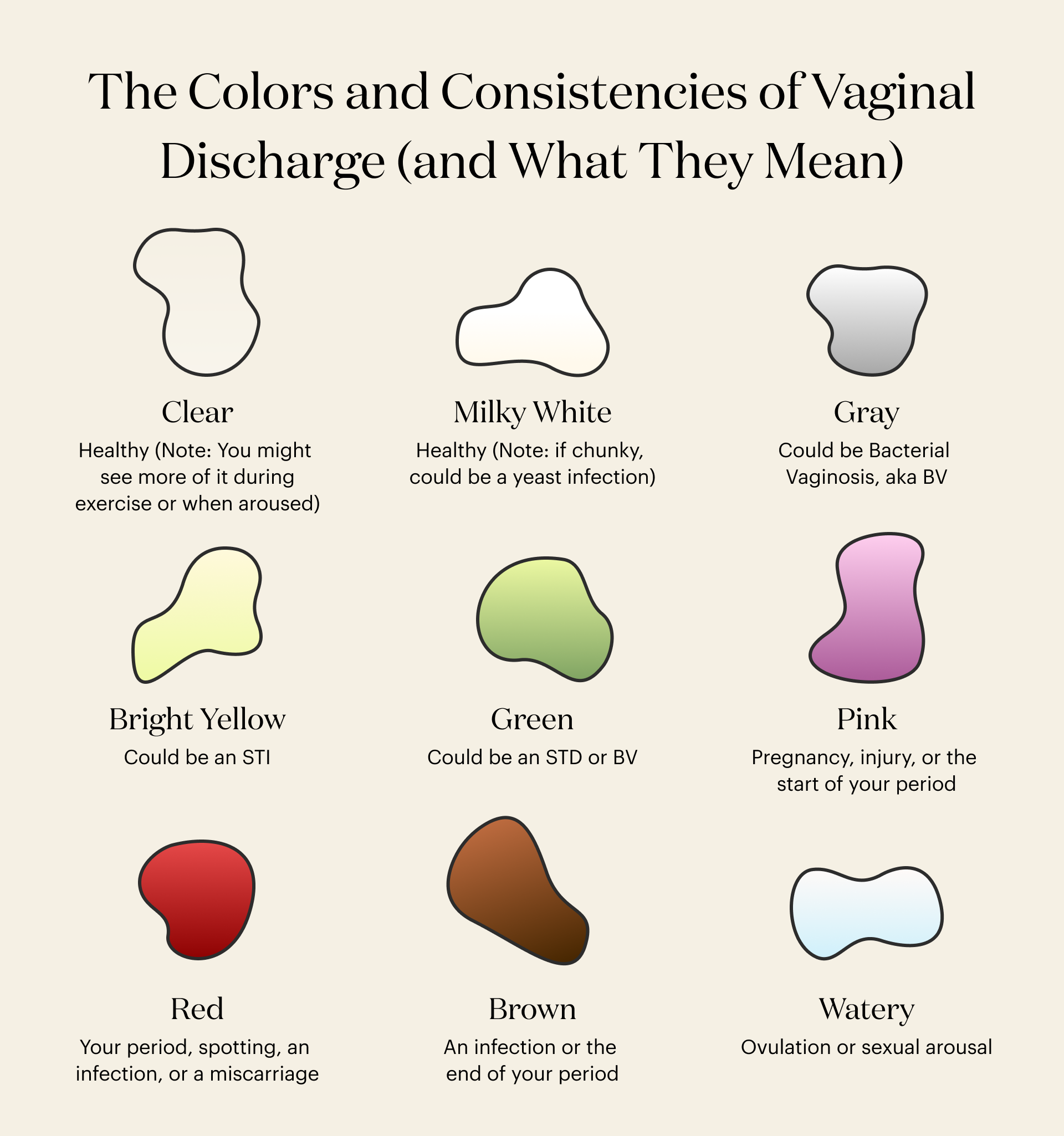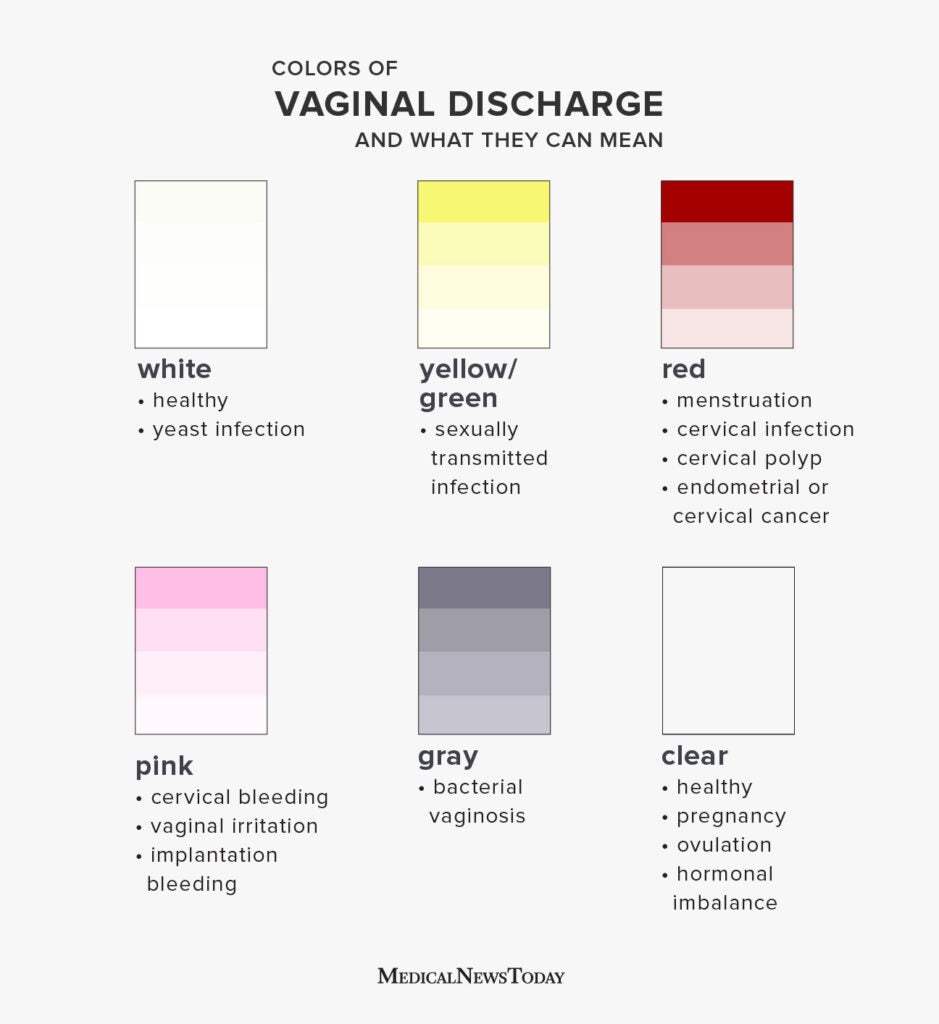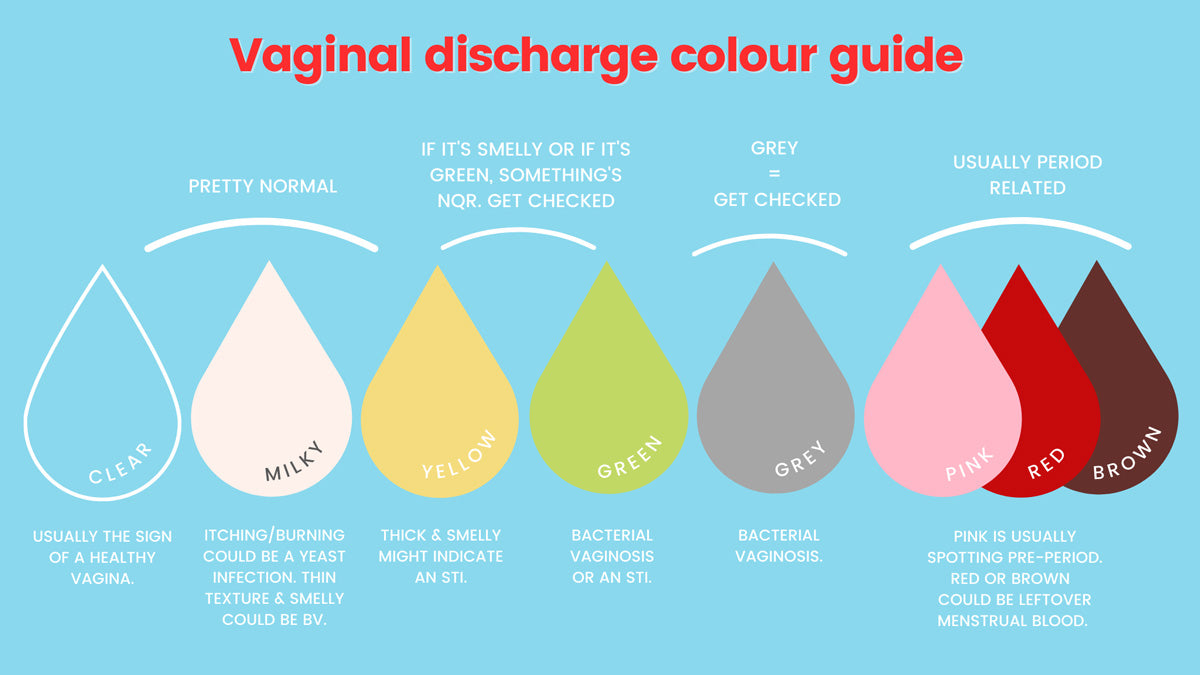Is It Normal For Discharge To Be White
Is It Normal For Discharge To Be White - Your discharge can give you a clue about what stage. While it is usually normal, it can sometimes be a sign of an underlying. Look for creamy, white discharge. White milky white vaginal discharge is usually a sign of a normal menstrual cycle. If your discharge is white, but seems thicker than. White vaginal discharge is a common occurrence in women. Check for this just before and after your period.
White milky white vaginal discharge is usually a sign of a normal menstrual cycle. Your discharge can give you a clue about what stage. White vaginal discharge is a common occurrence in women. Look for creamy, white discharge. Check for this just before and after your period. While it is usually normal, it can sometimes be a sign of an underlying. If your discharge is white, but seems thicker than.
Look for creamy, white discharge. White milky white vaginal discharge is usually a sign of a normal menstrual cycle. While it is usually normal, it can sometimes be a sign of an underlying. If your discharge is white, but seems thicker than. White vaginal discharge is a common occurrence in women. Your discharge can give you a clue about what stage. Check for this just before and after your period.
White Discharge Reasons And Solution, What Is It All About?
While it is usually normal, it can sometimes be a sign of an underlying. White vaginal discharge is a common occurrence in women. White milky white vaginal discharge is usually a sign of a normal menstrual cycle. If your discharge is white, but seems thicker than. Check for this just before and after your period.
Understanding White Thick Discharge Is It Normal During Pregnancy
Check for this just before and after your period. White milky white vaginal discharge is usually a sign of a normal menstrual cycle. If your discharge is white, but seems thicker than. White vaginal discharge is a common occurrence in women. Your discharge can give you a clue about what stage.
Vaginal Discharge Normal Vs Not Normal
Your discharge can give you a clue about what stage. White vaginal discharge is a common occurrence in women. Look for creamy, white discharge. Check for this just before and after your period. While it is usually normal, it can sometimes be a sign of an underlying.
Vaginal Discharge 101 Body Harmony Physical Therapy
While it is usually normal, it can sometimes be a sign of an underlying. White milky white vaginal discharge is usually a sign of a normal menstrual cycle. Your discharge can give you a clue about what stage. Look for creamy, white discharge. Check for this just before and after your period.
Thick white discharge What does it mean, and is it normal?
Your discharge can give you a clue about what stage. While it is usually normal, it can sometimes be a sign of an underlying. Check for this just before and after your period. If your discharge is white, but seems thicker than. Look for creamy, white discharge.
💖 White Vaginal Discharge Symptoms, Causes, and Treatment
Your discharge can give you a clue about what stage. While it is usually normal, it can sometimes be a sign of an underlying. White milky white vaginal discharge is usually a sign of a normal menstrual cycle. White vaginal discharge is a common occurrence in women. Check for this just before and after your period.
Pin on health
White vaginal discharge is a common occurrence in women. Your discharge can give you a clue about what stage. Check for this just before and after your period. While it is usually normal, it can sometimes be a sign of an underlying. Look for creamy, white discharge.
Pin on The body
Check for this just before and after your period. Look for creamy, white discharge. White vaginal discharge is a common occurrence in women. White milky white vaginal discharge is usually a sign of a normal menstrual cycle. While it is usually normal, it can sometimes be a sign of an underlying.
Milky white discharge causes before after period pregnancy odor thick
If your discharge is white, but seems thicker than. Your discharge can give you a clue about what stage. Look for creamy, white discharge. Check for this just before and after your period. White milky white vaginal discharge is usually a sign of a normal menstrual cycle.
White Vaginal Discharge Is A Common Occurrence In Women.
White milky white vaginal discharge is usually a sign of a normal menstrual cycle. If your discharge is white, but seems thicker than. Your discharge can give you a clue about what stage. Look for creamy, white discharge.
While It Is Usually Normal, It Can Sometimes Be A Sign Of An Underlying.
Check for this just before and after your period.








